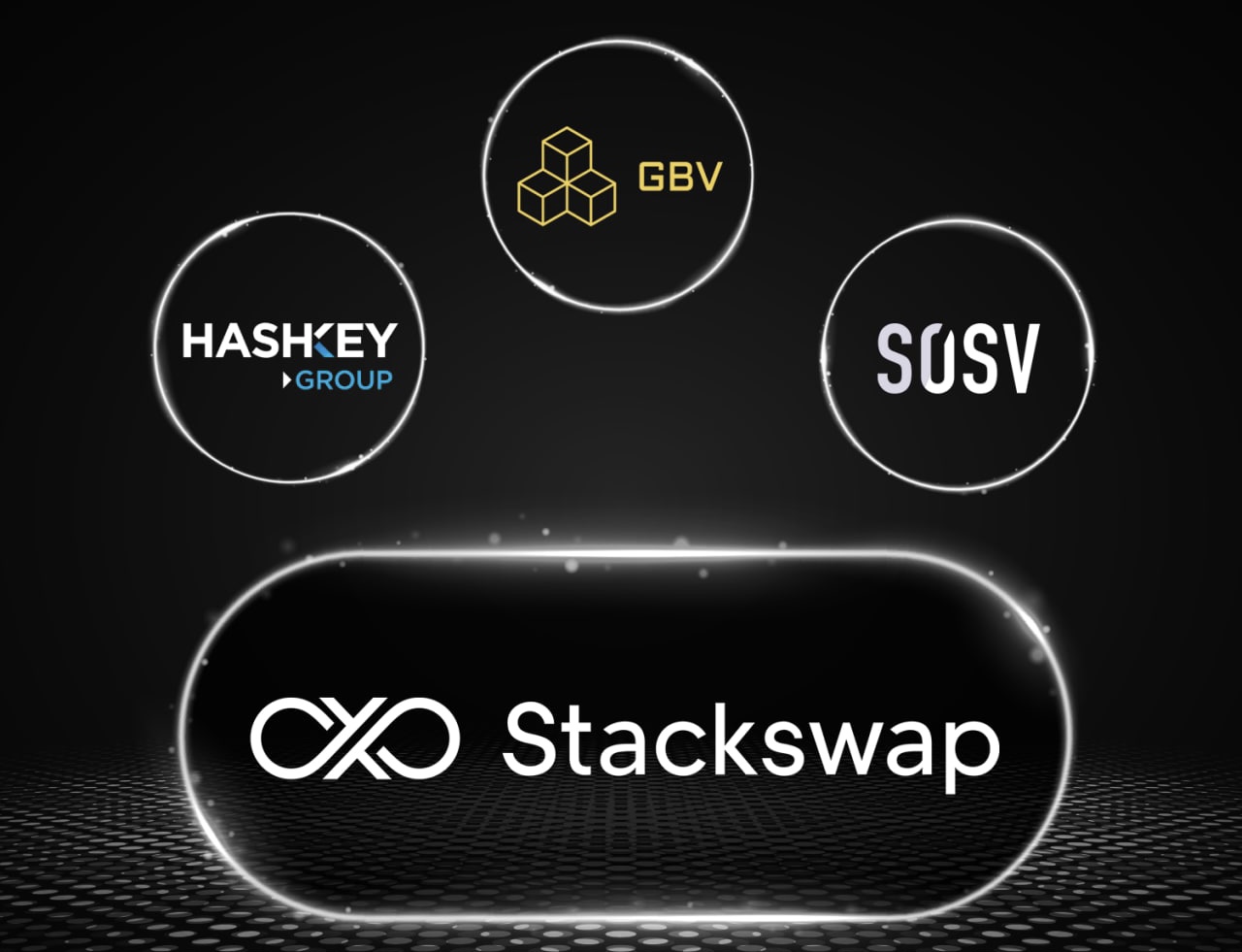StackSwap tackles the issues of creating a DEX on Bitcoin Network

Decentralized finance is one of the biggest concepts in the blockchain world and has fueled a thriving sector with more than $70 billion locked in different DeFi protocols. Ethereum has dominated the DeFi sector with many dApps built on its network. This is despite Bitcoin having the largest share in the crypto market with 46% of all cryptocurrency liquidity.
The importance of building a decentralized exchange of Bitcoin is one that many platforms have failed to crack until the emergence of StackSwap. StackSwap is attracting the interest of mainstream and core crypto users with its decentralized exchange platform built on the Bitcoin Network.
StackSwap is built on the Stacks protocol, a layer-1 solution that enables the use of smart contracts on Bitcoin. This unique protocol is powered by the PoX, a consensus algorithm that combines two separate blockchains. In addition, it uses the bitcoin blockchain to secure the stacks blockchain. This allows transactions on Stacks blockchain to be verified on the Bitcoin network.
Furthermore, PoX is less energy-consuming than the proof-of-work algorithm used by bitcoin since it uses minted bitcoins for its mining process. With these features, StackSwap is able to build an efficient DEX capable of processing transactions and offering features like trading, liquidity mining and staking on the Bitcoin network.
The Benefit
One of the major problems with centralized exchanges is the problems of liquidity and matching mechanisms. This is problematic to traders who have little option than to watch a digital asset lose value because they are unable to exit their position.
StackSwap introduces an automated market maker model, which means that buyers are automatically matched with sellers. This makes it easier for traders to have a better experience and execute deals as long as there is enough liquidity in the pool.
Users can also leverage earning opportunities on the Bitcoin blockchain by staking and depositing Stacks (STX) through an unprecedented Bitcoin-based reward payment system.
Projects and development teams can also use the launchpad platform to issue tokens, create automated pools and execute mining activities without any hassles. Stackswap’s Token Launchpad allows non-coders to implement a PoXL mining interface and list on Swap market with just one click, making it easy for many projects to flow into the Stacks ecosystem.
Moreover, all projects initiated through the StackSwap launchpad are automatically evaluated by partner VCs such as Stacks Accelerator and promising projects are considered for investment and accelerator support.
Backed by Key Industry Stakeholders
StakeSwap is backed by key players in the crypto industry and recently completed a private round. Stacks Foundation led the investment round with other key participants HashKey, Genesis Block Ventures (GBV) and SOSV.
The interest of these top VCs shows the potentials of the StackSwap ecosystem. In addition, several bitcoin maximalists have also backed StakeSwap due to its vision of bringing Bitcoin DeFi into fruition. StackSwap is also an inaugural member of the Stacks Accelerator and functions as a hub to expand the Stacks ecosystem.
Exciting future ahead
StackSwap has continued to make significant milestones in the blockchain space and plans to roll out new upgrades in the coming weeks. The launch of its DEX will herald the beginning of new era for the DeFi protocol.
StackSwap plans to provide a wide range of financial services such as AMM-based swapping, liquidity mining, as well as more complex functions such as Token Launchpad and PoXL mining, along with support for the early-stage entrepreneurs to bring lasting value to the ecosystem. For more information on StackSwap visit the links.
Website: https://www.stackswap.org/home
Twitter: https://twitter.com/Stackswap_BTC
Telegram: https://t.me/Stackswap
Medium: https://medium.com/@Stackswap
Disclaimer: This is a paid post and should not be treated as news/advice.






